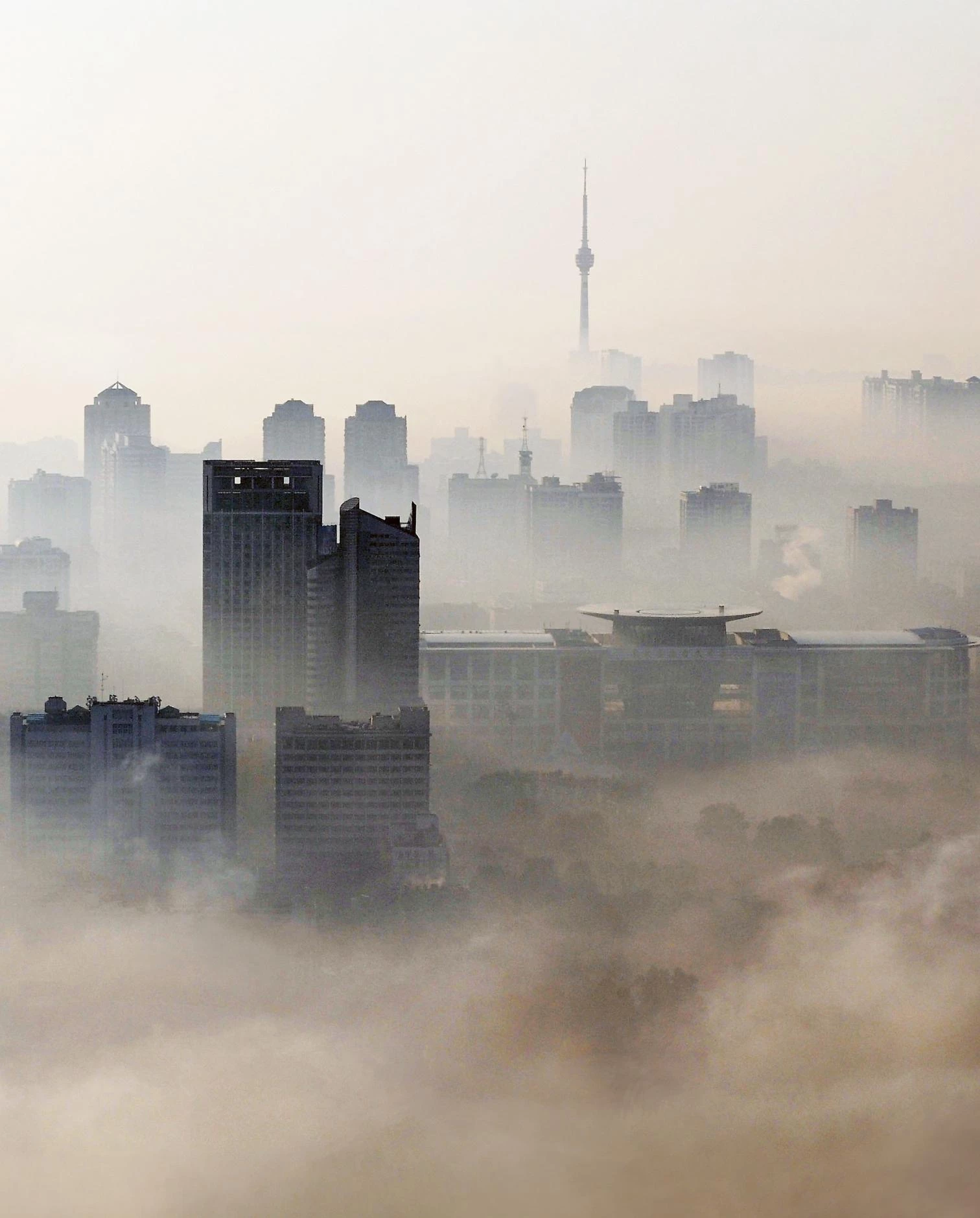
City air makes us free; city air kills us; and city air saves us. Urban humanity lived a drama in three acts: the bourgeois revolution ended feudal or class servitude, because as the medieval German saying goes, Stadtluft macht frei; the industrial revolution brought the dark satanic mills that poison the air burning coal, and with the combustion engine that pollutes the atmosphere in congested cities; and the ecological revolution cleans the urban air while it fights the climate crisis promoting the economic, technical, and social virtues of density. Living together in compact and complex cities makes our built environment more sustainable, because ‘concrete is greener than grass,’ urban density is more ecological than suburban sprawl, and the city air is healthier than the atmosphere of the countryside colonized by the viral spreading of individual houses.
Architectural institutes have now declared a climate emergency and we must applaud their good intentions. But since the oil crises of 1973 and 1979, a wide professional and intellectual movement – which found an echo in the transformations of everyday life triggered by the revolts of 1968 – has been calling for a change in building habits and techniques from all ‘passengers on spaceship Earth,’ and demanding a less predatory treatment of our planet, so perhaps we should review the experiences born then, hoping for some light on the dilemmas of the present. But at least one thing we have learned since then: our current climate emergency cannot be tackled with a bucolic collection of autonomous houses, geodesic domes, and artisanal windmills, because today’s challenge is not about going back to the land, but rather about remodeling our cities from the inside out.
In this urban context we must reimplement energy accounting methods and life-cycle assessment of buildings – from the extraction or manufacturing of materials to their reuse after demolition; recycling and improvement of the thermal performance of what already exists; reduction of waste and the ecological treatment of residues. But these necessary steps towards a decarbonized economy cannot hide the fact that to a large extent, for political or geostrategic reasons, climate change will continue advancing, and is in part already irreversible, so efforts to mitigate it must be backed by urban and territorial adaptative strategies. In this new context, cities – which must alleviate their condition as heat islands and offer clean air to their inhabitants – can become our best shelter, lifesaving rafts that we must transform radically to face a stormy and uncertain ocean, and to make true that ‘city air saves us.’







